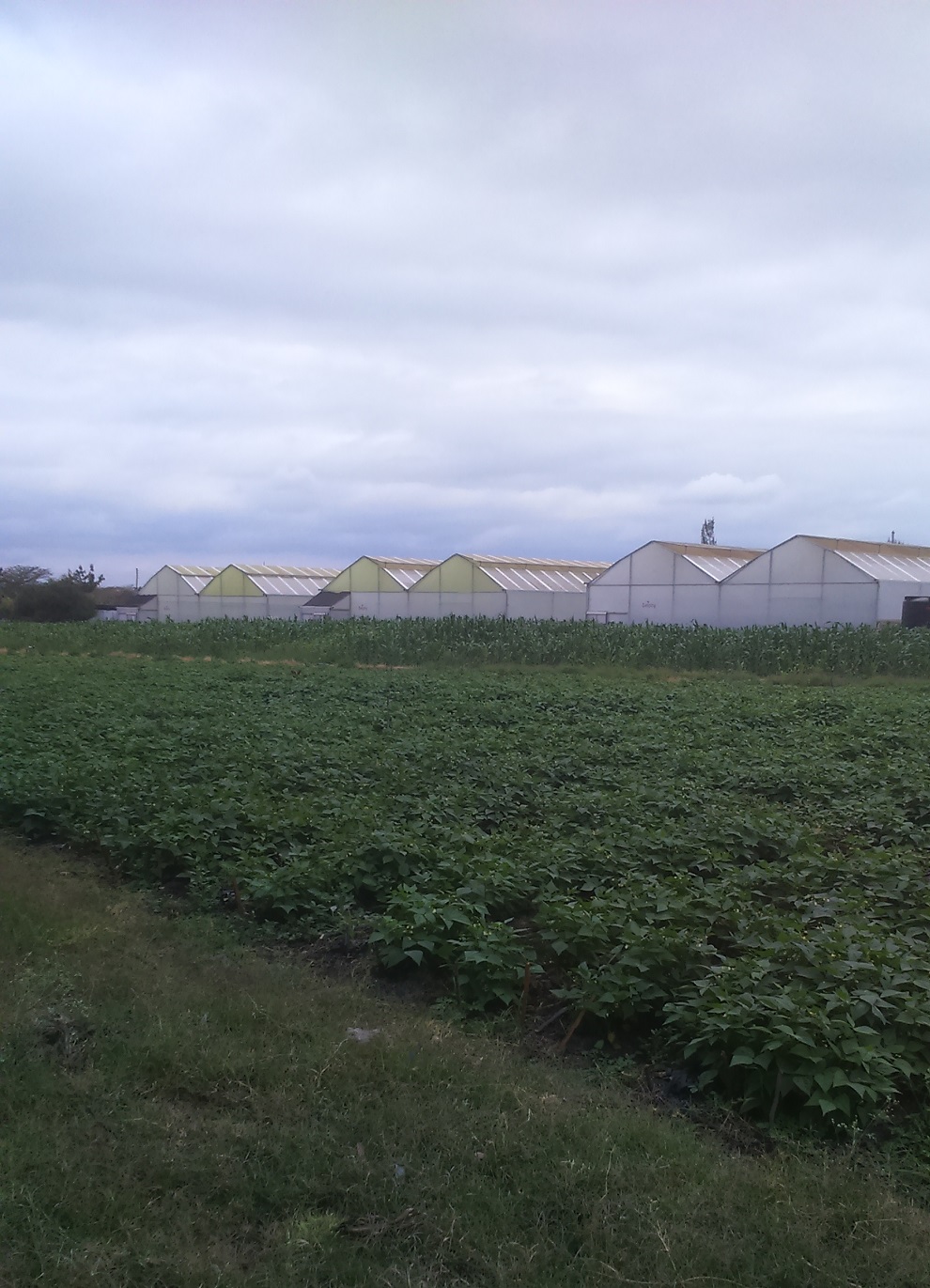
By George Munene
James Kibuku, owner of Kibuku Rabbit Farms in Nakuru is encouraging youth in Nyandarua County to take up rabbit keeping as a source of income by giving them a free pair of starter rabbits and free construction materials for their own rabbitry.
“Due to Covid-19 these kids are at home with nothing much to do, rearing rabbits will at least keep them engaged and hopefully they will keep at it and earn some income,” he said. He will also help them in finding a market for their rabbits if this proves challenging.
Related News:Factsheet: Selecting the best breeding rabbits for meat – Part 1
With a pregnant doe and unrelated buck, they can use the buck to father the first batch of kits when they are mature. James normally sells a rabbit for Sh750 to Sh2500, and he is hoping the country’s youth may now experience the economic potential in rabbit keeping, instead of holding onto the notion of rabbit keeping as a pastime for small boys.
Formerly a poultry farmer, Kibuku dropped chicken for rabbits because the poultry birds were far more expensive to keep. He now has some 250 pedigree rabbits on his farm, and thanks to his advertising on Facebook, he says, he has never lacked for buyers.
He also constructs metallic rabbit cages and offers consultancy to farmers looking to get into rabbit keeping. Every Sunday, he holds free training to budding rabbit farmers at his homestead located a ten-minute drive from Nakuru Town along Bahati Road.
Related News:Caging stops double pregnancies per month for healthy rabbits
Related News:Man builds rabbits empire single-handedly despite financial challenges
Kibuku also organises drives across the country to sensitise people to the benefits of rabbit meat. He argues: “Kenyans do not have an aversion to rabbit meat, the problem is most people have not had the opportunity to taste some; I am seeking to change that.”
Kibuku Rabbit Farm: 0722 741827
Write comment (7 Comments)
















